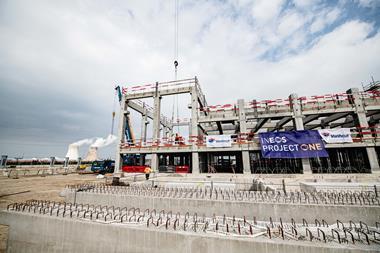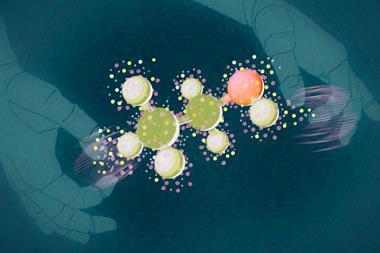A decade on from Cop21, the Paris agreement has delivered change, but keeping it on track is getting harder
Ten years ago, in December 2015, tense negotiations were underway in France as delegates from around 200 countries acted as midwives to a historic moment. At the 21st conference of parties (Cop21), the Paris climate agreement was being finalised: a roadmap for tackling climate change with a commitment to limit global temperature rises to below 2ׄ°C. It was one of the world’s great diplomatic successes and negotiators were jubilant; hard work lay ahead, but we would be doing it together. In retrospect, that was a rare moment of unity.
Much has changed since – for better and worse. Real progress has been made: prior to the Paris agreement, the world was on course for 3–3.5°C warming, now the trajectory is 2–2.5°C. But progress has been patchy and slow, and although the scientific case has only grown stronger, the sense of unity that surrounded Paris has fractured.
Climate breakdown
That shift is underscored by the fact that the US – a key driver of the Paris agreement – was absent from the most recent Cop30 meeting in Brazil. In just 10 years, The US has now withdrawn from the Paris agreement twice and has essentially reversed its previous stance on climate change – earlier this year an international treaty on sustainable shipping collapsed under pressure from the US and Saudi Arabia.
The challenge for those who did attend Cop30 was trying to maintain that shared purpose despite the changing circumstances. One of the proposals that sought to achieve that goal was a call to flesh out a mechanism for a so-called ‘just transition’ away from fossil fuels. The proposal had been brought by civil society groups, but it’s a notion that originates from concerns in industries that are heavy emitters such as the chemicals sector and oil and gas – recognising that changes of this magnitude must be managed fairly so that people are not left behind. Those are valid concerns, and if they are not addressed, they can harden into opposition.
Just transition
Earlier this year, the Grangemouth refinery in Scotland closed after operating for a century. And in November, a steam cracker in nearby Mossmorran also announced it would close. These decisions are almost wholly economic – the chemicals sector is having a torrid time in Europe amid high energy prices, global oversupply and ageing infrastructure that needs significant investment to compete with more modern production elsewhere; the owners of the Mossmorran site estimated it would cost £1 billion to make it profitable again.
Yet while the closures have nothing to do directly with climate policies, they were touted as opportunities to show how a just transition could be possible. Enthusiastic speeches predicted how reindustrialising the country with clean energy will create new jobs and productivity. That optimism is justified – those are genuine opportunities. But for the communities whose lives were built around Grangemouth and Mossmorran it rings hollow because the opportunities have yet to materialise. The failure to make good on those promises is damaging people’s faith and trust, which could ultimately erode their support for climate change action.
And the public does support that action. A recent YouGov poll on climate change found that the majority of the UK public is in favour of net zero. But there is a warning: most of those who oppose net zero feel that way because they believe it will leave them worse off. That is fertile ground for populism and fragmentation of the fragile political consensus on cutting emissions.
This would be a great shame. Ten years on, the Paris agreement has achieved real change, helping spur on action over methane and other greenhouse gases, while supporting the transition to green energy. Along the way, so much of this work – both behind the scenes and front stage – has been backed by dedicated chemists working to turn those opportunities into reality. But science only gets us so far – if diplomacy fails now then future generations will pay the price.

















No comments yet